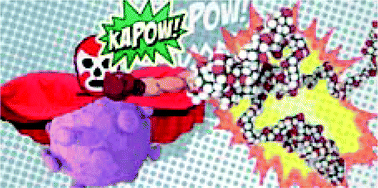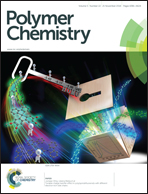Macromolecular (pro)drugs in antiviral research
Abstract
Macromolecular (pro)drugs are a sub-discipline of medicinal and polymer chemistries aiming to optimize the delivery of drugs to their site of action. In recent decades, this field of science has undergone a tremendous development, with the soundest achievements registered in the delivery of anticancer drugs. Surprisingly, the development of these tools for applications in antiviral treatment lags significantly behind – despite the fact that the first in vivo successes of polymers in fighting viruses were reported half a century ago. Furthermore, the unique scope and utility of polymers in antiviral research is that macromolecules themselves exhibit highly potent activity against diverse viruses. Herein, in an attempt to revive the research interest in this field, we aim to provide an overview of successes (and failures) of polymers as antiviral agents and macromolecular prodrugs. Specifically, we discuss inhibition of the entry of the virus into mammalian cells by polymers, give an overview of the synthetic schemes applied for the conjugation of drugs to carrier polymers, and also present guidance with regard to potential reporter systems which can be used for the characterization of novel drug delivery systems in virus-free cell cultures.


 Please wait while we load your content...
Please wait while we load your content...